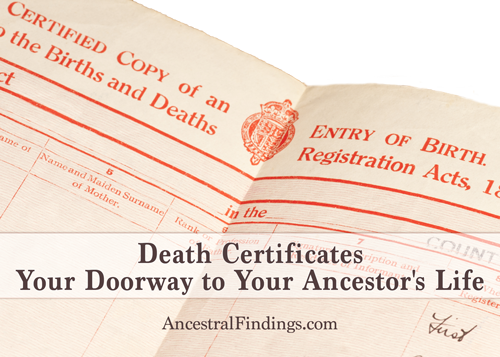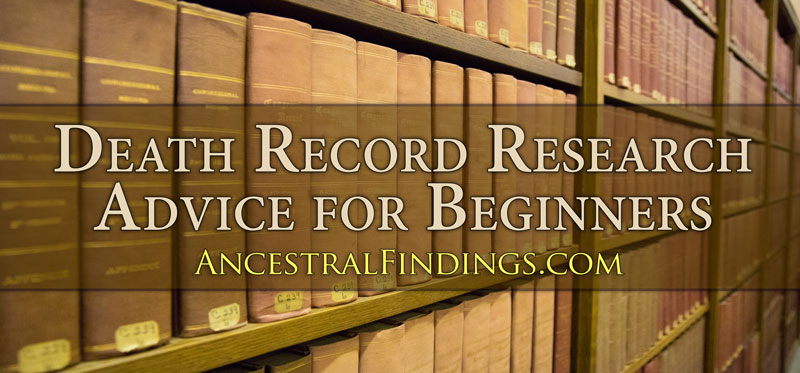If you haven’t looked into church records in your genealogy research, you are missing out on a valuable resource. The vast majority of our early colonists from Europe went to church. They also converted groups from other nations to their Christian religion, such as Africans and Native Americans. All of these groups formed their own church records. Sometimes they worshiped together, and sometimes separately, but they always kept records. Some churches kept better records than others, but they are definitely a resource you shouldn’t ignore. You may find a lot of information, or you may only find a little. Whatever you may find, it will tell you new things about your ancestors, the lives they led, and who they were. Here are the things you need to know about researching church records in the United States.
Look in Areas Where Your Ancestors Lived
This is a good way to start researching church records, particularly if you don’t know your ancestor’s religion or denomination. Searching all of the available church records from where you know they lived, during the time period you know they lived there, may reveal the religion they followed, as well as important vital statistics and relationship information for them.
Most church records in the United States don’t go back beyond the early 1700s. This is because most of the religious immigrants before this were Puritans or Pilgrims. Those who came to Virginia were either not religious or members of the Church of England. In the New England colonies, where the Pilgrims and Puritans came, only those who were official members of the church could own land, be a public officer, or vote. If you don’t see your ancestor’s name in any official town records before 1700 in New England, they were probably not church members (though everyone who lived in the colonies in New England was required to attend church, whether or not they were members). In Virginia, you will also likely find municipal, rather than church records on your ancestors before 1700.
Around 1700, many denominations of Christianity had become common in all of the American colonies. Some of these groups were smaller and closer knit than the others. Quakers, Anabaptists, Presbyterians, Catholics, Mennonites, and more began collecting church records, and many of these early records still exist as welcome resources to genealogists and historians. You can find them at local historical societies, sometimes at the actual churches (if they are still around), and with microfilms of the records from the Family History Library in Salt Lake City, UT, which you can have delivered on loan to your local branch.
Look at Patterns of Immigration
Once American history gets past the colonial period, immigration really starts to happen in larger numbers. You may have to follow the trail of your ancestor’s family through time to discover the next place they lived that has church records available. At first, people moved into other New England states. Then, they started moving into the newer colonies of Pennsylvania, Maryland, and New Jersey. Eventually, they made their way down into the Carolinas and Georgia.
With African churches in America, the migrations happened largely after the Civil War, and many of these immigrations were northward. Many went to the new midwestern states like Ohio, Indiana, and Illinois, while others headed to western territories. There were some who also went to the mid-Atlantic and New England states. Their church records will be wherever they went, or where they stayed.
Look at the Various Sources for Church Records
Once you know where your ancestors were, and where they went, you can look at the various sources for church records to locate theirs. The best place to begin looking for church records is with the Family History Library, as they have millions of microfilmed records of churches in the United States and Europe. Most communities have a Family History Library branch somewhere nearby, and you can order the microfilms of the records from Utah to be sent to your local branch on loan for you to look at.
You can also look at websites like Ancestry.com and the US Genweb Project. These often have small collections of church records for certain towns and counties. There are also books of collections of church records you can find by searching online on Google or Amazon.com. Finally, check local historical societies, archives, and libraries in the places where your ancestors lived to find any church records they left. If the church they attended still exists, you can even check with the actual church.
What Will You Find in Church Records?
When you find church records pertaining to your ancestors, what can you expect to find in them? It all depends on the church and the type of records it kept, as well as the time period in which the records were created. Some of the things you are most likely to find include:
- Births
- Deaths
- Marriages
- Baptisms
- Burials, especially in church-owned cemeteries
- Admissions of new members
- Transfers of memberships out of the church
- Letters of introduction an old church wrote for someone leaving to join a new church within the denomination, but in a different area
- Disciplinary actions against members
- Various other types of church business, often administrative in nature, but sometimes with interesting details on individual members
Don’t Overlook Church Newsletters
Even when church records don’t exist, there may be a church newsletter that is kept at an archives building or library somewhere. Church newsletters were common in the late 1700s and the 1800s. They kept members of the same denomination connected with each other even when they lived long distances apart from each other. Members who moved usually had family and friends who still attended their old church back home. By subscribing to the church newsletter, everyone got all the news on everyone else, no matter where they lived, and kept congregations close and in touch, regardless of moves and migrations. As an example, Ancestry.com now has an index of obituaries that were published in the Southern Christian Advocate, a Methodist church newsletter published in South Carolina and Georgia in the mid to late 1800s. The originals are kept at a South Carolina university, and Ancestry provides the contact information to get the full obituary. This newsletter not only provides important information on members, it acts as a vital record substitute for many counties in South Carolina and Georgia where the courthouses burned, taking important information on their 18th and 19th-century inhabitants with them.






